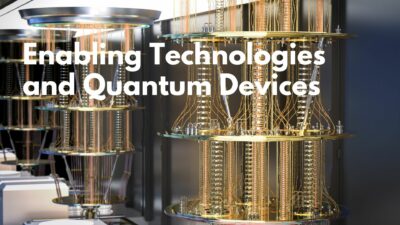The National Institute of Standards and Technology (NIST) has introduced a new atomic clock called NIST-F1, which is one of the most accurate timekeeping devices in the world. This clock, located in Boulder, Colorado, is so precise that it would neither gain nor lose a second in nearly 20 million years. It serves as the primary frequency standard for the United States and contributes to the global definition of Coordinated Universal Time (UTC). NIST-F1 is a “fountain clock,” which means it uses a unique method to measure time by launching cesium atoms upward through a microwave cavity, allowing for more accurate readings than previous models.
NIST-F1 is significantly more accurate than its predecessor, NIST-7, and is part of a long history of atomic clock development that began in the 1940s. The new clock helps ensure precise timekeeping for critical systems like telecommunications, GPS, and financial markets. NIST also provides time signals through various means, including radio broadcasts, telephone services, the Internet, and satellite transmissions, ensuring that accurate time is accessible to a wide range of users. This new standard supports both scientific research and everyday technologies that rely on precise timing.
Source: https://www.nist.gov/news-events/news/1999/12/nist-f1-cesium-fountain-clock
Keywords: atomic clock, cesium atoms, frequency standard


